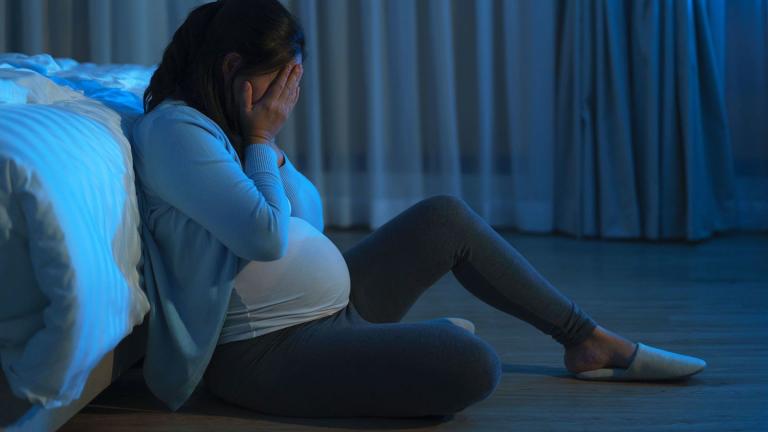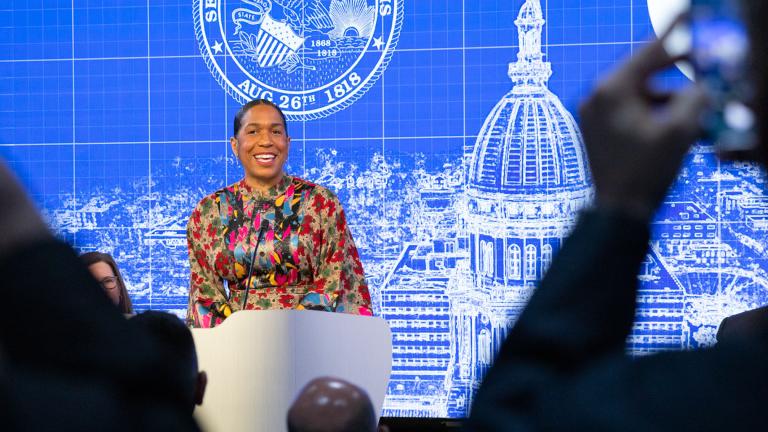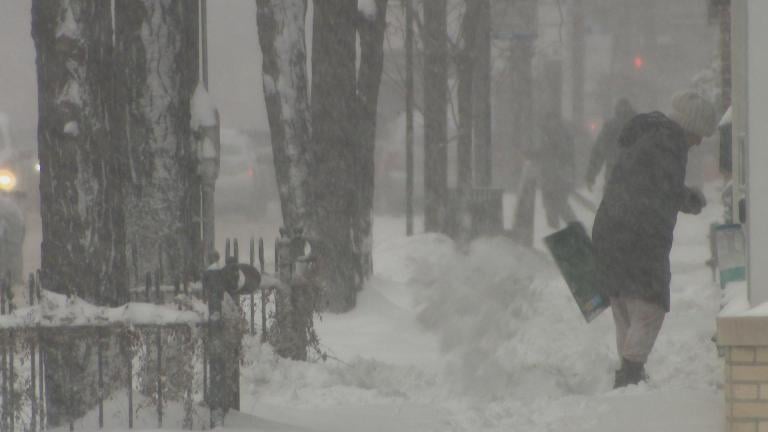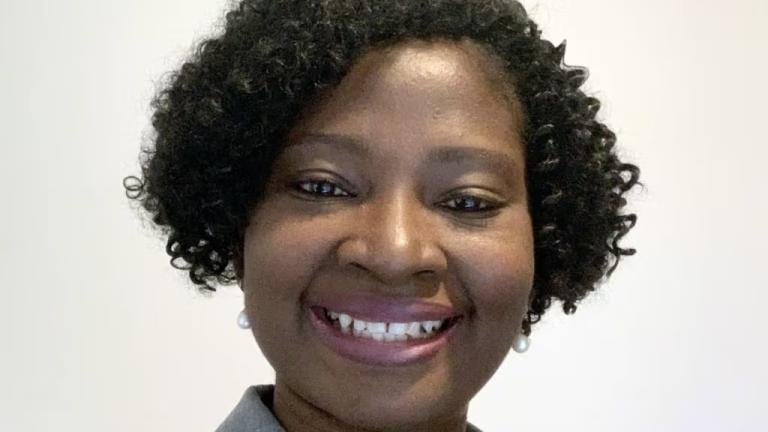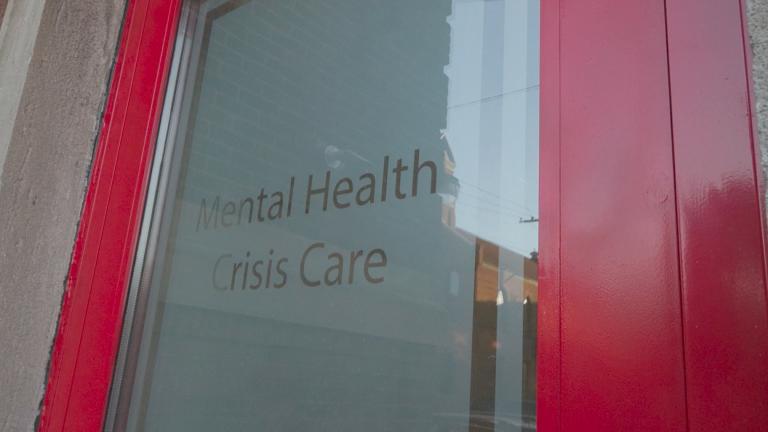Community organizers are calling for the city to reopen mental health clinics.
In 2012, Mayor Rahm Emanuel’s administration closed half the city’s clinics. Mayor Lori Lightfoot campaigned on reopening the centers but has focused her tenure so far on investing in organizations that provide mental health services.
Lightfoot implemented the Framework for Mental Health Equity, a plan to increase access to mental health services. This fall the city announced that 32 organizations on Chicago’s South and West Sides would receive $8 million to expand services — a move partially funded by the city’s annual mental health budget of $9.3 million.
The mayor’s strategy included tripling the mental health budget, said Matt Richards, deputy commissioner of behavioral health at the Chicago Department of Public Health. These efforts have been focused on organizations that provide care regardless of a person’s ability to pay, or their health insurance or immigration status.
The clinic closure exacerbated an already existing problem, said Arturo Carrillo, a licensed clinical social worker and leader of Collaborative for Community Wellness, a group working to address access to mental health care in Chicago. Carillo tracks mental health resources in the city.
“We’ve seen through research that there’s an overwhelming demand for mental health services and there’s just not enough clinicians in low-income communities of color,” Carrillo said. “Twenty-two percent of the city’s residents living in the most affluent neighborhoods have access to 4.5 therapists per 1,000 residents. Whereas low-income communities of color, low-income communities in general, have an access ratio of 0.2 therapists per 1,000 residents. So that’s an enormous disparity we are talking about.”
Woodlawn resident Horace Washington Howard lived just blocks away from the city-run mental health clinic in Woodlawn before it closed in 2012.
“The closing of the Woodlawn clinic impacted me very much so,” Howard said. “At that time, it took almost three to six months to even get a therapist... and now I was traveling by El and bus to get to Lawrence which is forty-some hundred north.”
Amika Tendaji, director of Black Lives Matter Chicago, says there aren’t enough mental health resources in communities in which the clinics were closed. She has organized around reopening the mental health clinics with STOP Chicago, which is leading the calls for the clinics to be reopened. She was also involved in the occupation at the Woodlawn health center in 2012 aimed at stopping the closing of the clinics.
“It’s critical we reopen the public mental health clinics because the private sector is not accountable,” Tendaji said. “It’s Chicago with gentrification and police brutality that’s causing and exacerbating mental health issues for its city, so it should take responsibility for healing Chicagoans.”
Also part of the mayor’s mental health care strategy, the city is about to integrate mental health professionals into Chicago’s 911 system, and is funding team based care and added mental health services to the city’s homeless shelter system, Richards said.
“We’ve been incredibly busy because we tripled that budget,” Richards said. “There’s no doubt we have more work to do, but we’re really committed to continuing to do it.”
Diana Castañeda says the investment from the city has allowed her organization to focus on equity. She’s director of Youth and Crisis Services at Community Counseling Centers of Chicago (C4), one of the organizations receiving funding from the city.
Through the grants, C4 is working with five neighborhoods on the West Side: Humboldt Park, East Garfield Park, West Garfield Park, Austin and North Lawndale.
“So right now anybody can call us and get services right away,” Castañeda said.
The grant also helps the organization to focus on preventative services, rather than crisis services.
“We have a long history of doing crisis work well, but we’re tired of only dealing with crises, we want to help people heal from the beginning,” Castañeda said. “We want to help them get access right away.”
Carrillo says $8 million for mental health resources isn’t nearly enough. He compared that number to the $1.7 billion allocated to policing in Chicago.
“Adding a few hundred thousand dollars to organizations does not increase the access to care where we have such desperate need for services in different parts of the city,” Carrillo said.
Richards said the city’s focus on organizations and services that provide care regardless of ability to pay, immigration status and insurance status, includes over 200 centers regulated by the federal government. Five of those are city-run clinics, which the city has invested in over the past two years, he said.
“It’s not city services versus the broader system,” Richards said. “It’s both and that’s what we’ve done from the beginning is investing in our own clinics, but also recognizing that folks get their care from a lot of different places and it’s important to invest in those locations as well.”


